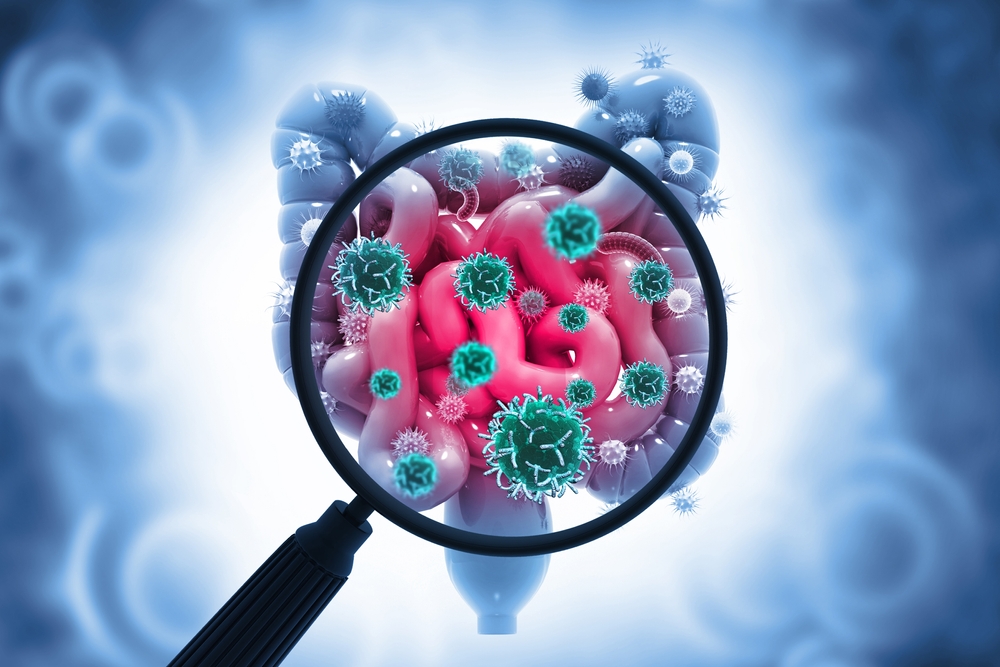
We’ve all ignored it—a stomachache here or there, some bloating after eating, or that random breakout we blame on stress. But, what if these little nuisances are more than random haywire happenings?
What if your gut has a message to convey? In today’s busy world, it’s easy to dismiss the body’s warning signs; however, your gut health impacts your overall health much more than you may think! From digestion to skin & immunity, your gut has a story to tell—if we choose to hear it!
Warning Signs: When Your Gut Alerts You

These gut signs are not small issues; they are red flags:
-Frequent upset stomach: Consistent bloating, gas, heartburn, or stomach pain are signs of a poor digestive system.
-Bowel habit changes: Switching between constipation, diarrhea, or chronic IBS-like symptoms will almost always indicate gut inflammation.
-Weight changes: When your body unexpectedly gains or loses weight, it could be due to difficulty assimilating nutrients or altered microbes. This isn’t a good sign.
-Food intolerance: If you consistently have difficulties digesting foods, like dairy or gluten. It could mean that your gut is not working properly.
-Skin problems & bad breath: These flare‑ups (acne, eczema) & persistent bad breath can often be attributed to gut inflammation, and/or overgrowth of some bacteria.
-Constant fatigue or Brain fog: When your gut is out of balance, it can interfere with your ability to produce energy and regulate the amounts of neurotransmitters like serotonin, leading to fatigue and a lack of mental clarity[1].
-Trouble sleeping or Insomnia: Gut issues can inhibit melatonin production and disrupt normal circadian rhythms, making it difficult to fall asleep or stay asleep[2].
-Ongoing infections or Low immunity: A sluggish immune response with excessive colds or slow illness recovery time may indicate poor gut immunity, as 70-80% of immune cells are present in the gut[3].
-Autoimmune triggers: Numerous autoimmune conditions are initiated due to gut permeability or chronic inflammation, creating flare-ups that have rooted themselves from poor gut integrity.
5 Ways to Improve Your Gut Health

-Get a gut check-up
Check with your doctor, especially if the symptoms are substantial or persistent. A complete blood count or stool test can help diagnose gut imbalances.
-Establish gut-nourishing habits
Eating foods that contain prebiotics (fiber) and probiotics sources is helpful: yogurt, kimchi, bananas, and oats. Add fiber source to diet slowly to prevent gut distress in support of gradual, successful digestive adaptation[4].
-Rethink stress & sleep
Stress can cause gut inflammation. Mindfulness (yoga, deep breathing, meditation) can help. Improving sleep will support gut healing capacity: poor sleep worsens gut health[5,6].
-Avoid gut aggravators
Processed sugar, trans-fat foods, artificial sweeteners, and NSAIDs (non-steroidal anti-inflammatories) will disrupt gut flora[7].
-Consult a professional
A doctor or dietitian may be useful to develop personalized plans with dietary guidance, supplements, and gut-directed therapy e.g., probiotics supplements.
Regain Your Balance and Reclaim Your Gut Health
Your gut does more than digest food, it impacts immunity, energy, mood, & overall health. Warning signals such as bloating, chronic indigestion, bad breath, skin conditions & bowel changes may signify a gut imbalance. Making everyday changes such as eating fiber-rich foods, managing stress, & physical activity helps in gut repair. But if the malaise persists, don’t procrastinate, consult your doctor early, & restore your health from the inside out before it becomes a larger problem.
FAQs
-Can stress truly affect gut health?
Yes! Prolonged stress can change the gut-brain axis, increase inflammation, change gut microbes, and lead to gastrointestinal issues such as Irritable Bowel Syndrome (IBS).
-What foods are best for gut health?
Fiber-rich foods, fermented foods like yogurt and kimchi, and prebiotic foods like bananas, oats, and garlic can help support a healthier microbiome.
-Can poor gut health affect the skin?
Yes! Skin issues like eczema, acne, & rosacea may appear in connection with gut inflammation or when our microbiota is out of balance, which is referred to as the gut-skin connection.
-When should I speak with my doctor about gut issues?
If you are experiencing lasting digestive issues, unexplained weight loss, ongoing fatigue, or blood in your stool, it may be time to reach out to your doctor as there could be a serious underlying condition.
-What is the 7-day gut reset?
The 7-day gut reset could mean eliminating sugar, processed foods, & other potential food triggers while focusing on a whole food, high-fiber, probiotic, & prebiotic diet.
(The article is written by Deepa Sarkar, Medical Writer and reviewed by Monalisa Deka, Senior Health Content Editor)
Recommended Reads:
References
1. The Microbiota-gut-brain axis in myalgic encephalomyelitis/chronic fatigue syndrome: A narrative review of an emerging field [Internet]. Ammes.org. [cited 2025 Jun 10]. Available from: https://ammes.org/2025/02/13/the-microbiota-gut-brain-axis-in-myalgic-encephalomyelitis-chronic-fatigue-syndrome-a-narrative-review-of-an-emerging-field/?utm_source=chatgpt.com
2. Sanchez-Lopez MF, Barrero-Caicedo PA, Olmos-Carval HM, Torres-Medina AF, Alzate-Granados JP. Relationship between skin and gut microbiota dysbiosis and inflammatory skin diseases in adult patients: A systematic review. The Microbe [Internet]. 2025;7(100342):100342. Available from: http://dx.doi.org/10.1016/j.microb.2025.100342
3. Mdpi.com. [cited 2025 Jun 10]. Available from: https://www.mdpi.com/2072-6643/13/3/886?utm_source=chatgpt.com
4. Keeping your gut in check [Internet]. NIH News in Health. [cited 2025 Jun 10]. Available from: https://newsinhealth.nih.gov/2017/05/keeping-your-gut-check?utm_source=chatgpt.com
5. Khanijow V, Prakash P, Emsellem HA, Borum ML, Doman DB. Sleep dysfunction and gastrointestinal diseases. Gastroenterol Hepatol (N Y). 2015;11(12):817–25.
6. Rusch HL, Rosario M, Levison LM, Olivera A, Livingston WS, Wu T, et al. The effect of mindfulness meditation on sleep quality: a systematic review and meta-analysis of randomized controlled trials: Effect of mindfulness meditation on sleep. Ann N Y Acad Sci [Internet]. 2019;1445(1):5–16. Available from: http://dx.doi.org/10.1111/nyas.13996
7. Kanimozhi, Sukumar. Aging through the lens of the gut microbiome: Challenges and therapeutic opportunities. Archives of Gerontology and Geriatrics Plus [Internet]. 2025;2(2):100142. Available from: http://dx.doi.org/10.1016/j.aggp.2025.100142